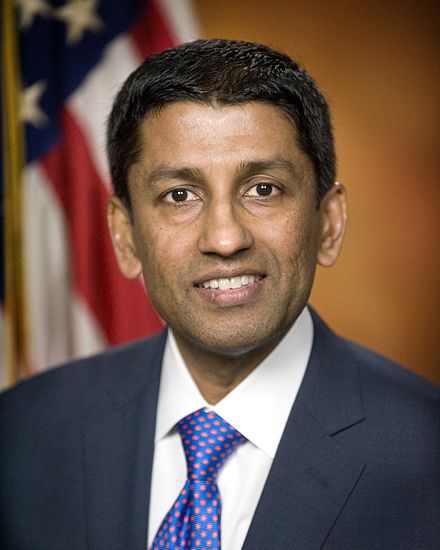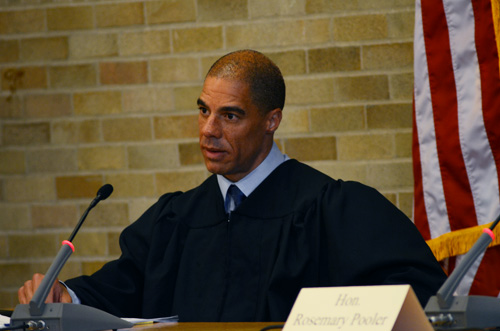The following list of potential nominees is based on past nominations and discussions with sources, including government officials involved in the selections of Justices Sonia Sotomayor and Elena Kagan:
Loretta Lynch, Attorney General of the United States
The North Carolina native became the nation’s top law enforcement officer last year, after a bitter confirmation fight in the Senate. She served two stints as the U.S. attorney for the Eastern District of New York, earning a reputation as a tough prosecutor in several high-profile financial and terrorism-related cases. Most recently in the AG role, she filed a civil rights lawsuit against the Ferguson, Mo., Police Department over what she called its unconstitutional violation of the rights of the largely minority community. If successfully nominated, the daughter of a Baptist minister and a school librarian would be the first African-American woman on the high court.
Judge Patricia Millett, D.C. Circuit U.S. Court of Appeals
Millett was named in 2013 to a bench considered a stepping stone to the high court -- where four current justices once served. Formerly a private Washington-based appellate attorney -- Obama called her "one of the nation's finest"-- who also had more than a decade of experience in the U.S. Solicitor General's office, Millett argued 32 cases before the Supreme Court, the second-most ever for a female lawyer. Sources of both ideological stripes call her fair-minded, no-nonsense and non-ideological.
Judge Sri Srinivasan, D.C. Circuit U.S. Court of Appeals
Srinivasan was named to the court in 2013, months before Millett joined him. The son of Indian immigrants – who was born in India and raised in Kansas -- Padmanabhan Srikanth Srinivasan was the principal deputy solicitor general at the Justice Department, and argued more than two dozen cases before the Supreme Court. He would be the high court's first Asian-American. Known as low-key, practical and non-ideological, he may not excite many liberals, or give conservatives much to dislike.
Judge Paul Watford, 9th Circuit U.S. Court of Appeals
Watford was named to the appeals court in 2012. He clerked for conservative-libertarian federal Judge Alex Kozinski on the 9th Circuit, and later for liberal Justice Ruth Bader Ginsburg. Supporters call the Orange County, Calif., native an ideological moderate, which may not sit well with liberals seeking a stronger liberal voice.
Judge Jacqueline Nguyen, 9th Circuit U.S. Court of Appeals
The Vietnam-born Nguyen was named to the court in 2012 after two years as a federal district court judge. She, too, would make history as the high court's first Asian-American justice. She is already the first Asian-American woman to sit a on a federal appeals court and is a former state judge, federal prosecutor and private attorney. She moved with her family to the U.S. when she was 10, just after the fall of then-South Vietnam to the Communists.
Full article is available here:
http://www.foxnews.com/politics/201...ist-potential-nominees-to-succeed-scalia.html


/cdn0.vox-cdn.com/uploads/chorus_asset/file/6038765/GettyImages-485937879.jpg)






